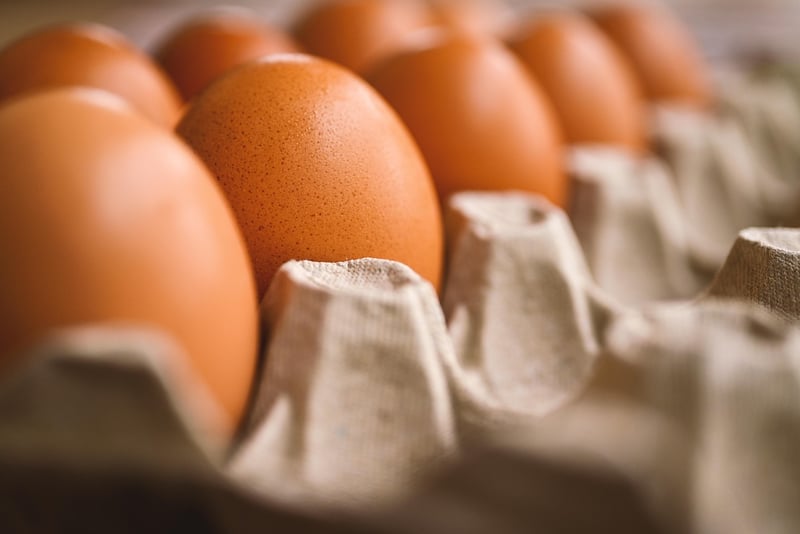Food Storage
Enhance Your Culinary Knowledge: Food Storage Tips
Whether you're a seasoned home cook or just starting in the kitchen, mastering the art of food storage is essential for maintaining the freshness and quality of your ingredients. Proper food storage not only prevents wastage but also ensures that your meals are safe to eat. Here are some valuable tips to help you enhance your culinary knowledge and make the most out of your ingredients:
1. Use Airtight Containers
Invest in a set of high-quality airtight containers to store leftover ingredients, cooked meals, and pantry staples. Airtight containers help seal in freshness and prevent moisture from affecting the quality of your food.
2. Label and Date Items
Always label your containers with the contents and date of storage. This practice ensures that you can easily identify what's inside and track the freshness of your ingredients. Use dissolvable labels for easy removal.
3. Store Raw Meats Properly
Raw meats should be stored on the bottom shelf of the refrigerator to prevent cross-contamination with other foods. Use separate containers or trays to catch any drips and keep your fridge clean.
4. Utilize Freezer Bags for Long-Term Storage
Freezer bags are ideal for storing items in the freezer for an extended period. Remove excess air from the bags before sealing to prevent freezer burn and maintain the quality of frozen foods.
5. Keep Herbs Fresh
Extend the life of fresh herbs by storing them in a glass of water, similar to a bouquet of flowers. Cover them loosely with a plastic bag and store in the refrigerator to retain their flavor and texture.
6. Rotate Pantry Items
Regularly check the expiry dates of items in your pantry and rotate them so that older products are used first. This practice helps prevent food wastage and ensures that you always have fresh ingredients on hand.
7. Store Fruits and Vegetables Properly
Some fruits and vegetables produce ethylene gas, which can cause others to ripen faster. Store ethylene-producing fruits like apples separately or in a designated drawer to prevent premature spoilage of other produce.
8. Vacuum Seal for Extended Freshness
Consider investing in a vacuum sealer for long-term storage of meats, fruits, and vegetables. Vacuum sealing removes air from the packaging, extending the freshness of your ingredients and preventing freezer burn.
By incorporating these food storage tips into your culinary routine, you can enhance the quality of your meals, reduce wastage, and save money in the long run. Practice proper food storage techniques to make the most out of your ingredients and enjoy delicious, fresh meals every time!

